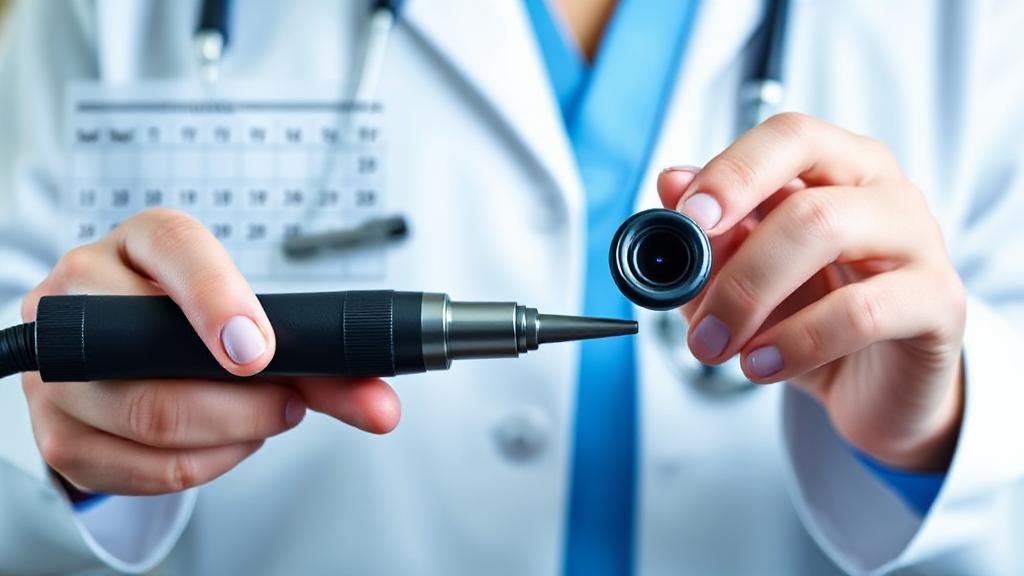Understanding Colonoscopies
A colonoscopy is a medical procedure that allows doctors to examine the inner lining of your large intestine (rectum and colon) using a thin, flexible tube called a colonoscope. This procedure is crucial for detecting abnormalities such as polyps, which can develop into colorectal cancer if left untreated.
Current Guidelines
The American Cancer Society and other major medical organizations now recommend that people at average risk begin regular colonoscopy screenings at age 45. This is a change from the previous recommendation of age 50.
Risk Categories
Average Risk
- No personal history of colorectal cancer
- No family history of colorectal cancer
- No history of certain types of polyps
- No inflammatory bowel disease (IBD)
High Risk
People in the following categories may need to start screenings earlier:
- Family history of colorectal cancer
- Personal history of certain types of polyps
- History of IBD (including ulcerative colitis or Crohn's disease)
- Certain genetic syndromes (like Lynch syndrome)
- History of radiation therapy to the abdomen or pelvis
Screening Frequency
For those at average risk:
- First colonoscopy at age 45
- Repeat every 10 years if results are normal
- Continue regular screenings through age 75
- Ages 76-85: Decision should be individualized based on preferences, life expectancy, and overall health
- After age 85: Screening typically not recommended
If polyps are found, your doctor may recommend more frequent screenings, such as every 3 to 5 years, depending on the type and number of polyps.
Alternative Screening Options
While colonoscopy is considered the gold standard, other screening methods are available:
| Test Type | Frequency | Notes |
|---|---|---|
| FIT (Fecal Immunochemical Test) | Yearly | At-home stool test |
| Cologuard | Every 3 years | At-home DNA stool test |
| CT Colonography | Every 5 years | "Virtual colonoscopy" |
Insurance Coverage
The Affordable Care Act requires most insurance plans to cover preventive colonoscopy screenings with no out-of-pocket costs for patients aged 45 and older.
Medicare Coverage
Medicare Part B covers:
- Screening colonoscopies once every 120 months (10 years)
- More frequent screenings for high-risk individuals
- Follow-up colonoscopies based on findings
Preparing for Your Colonoscopy
"The quality of the bowel preparation directly impacts the effectiveness of the screening. Following preparation instructions precisely is crucial for accurate results." - American Society for Gastrointestinal Endoscopy
Preparation involves:
- Dietary modifications 2-3 days before
- Clear liquid diet the day before
- Drinking prescribed bowel preparation solution
- Fasting for several hours before the procedure
For detailed preparation instructions, consult the Mayo Clinic's guide on colonoscopy preparation.
Warning Signs
Don't wait for your scheduled screening age if you experience:
- Unexplained changes in bowel habits
- Blood in stool
- Persistent abdominal pain
- Unexplained weight loss
- Iron-deficiency anemia
For more information, visit the Centers for Disease Control and Prevention's page on colorectal cancer screening.
